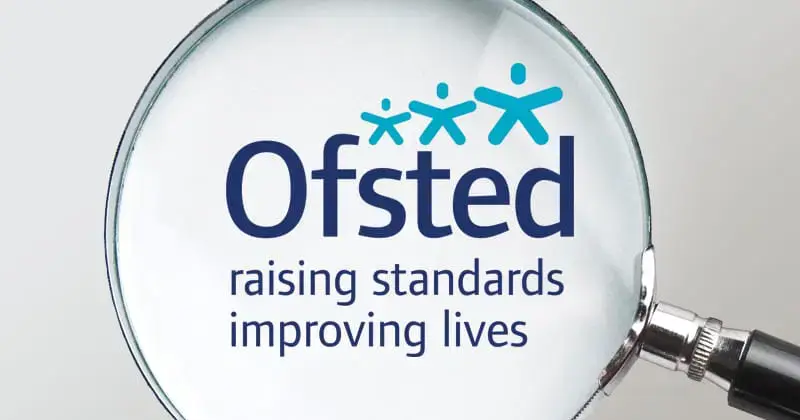Ofsted Reform: Moving Beyond Grades to a More Holistic Approach


This reform is part of a broader evolution in Ofsted’s approach. From its establishment in 1992, the organisation has continually adapted to meet the changing needs of the education sector. These latest changes signal a commitment to prioritising depth and fairness in school evaluations.
The upcoming changes represent a significant opportunity to reshape the educational landscape. By adopting a more holistic approach, Ofsted can support schools in creating environments where all students can thrive. With careful implementation, this reform has the potential to drive meaningful improvements in educational quality, reduce pressure on teachers, and build greater trust among stakeholders.
As the countdown to September 2025 begins, all eyes will be on Ofsted to deliver on its promise of a fairer, more supportive, and more transparent inspection system.
The education landscape is constantly evolving, and so too must the systems that evaluate it. Ofsted is set to undergo a significant transformation in September 2025, moving away from the familiar single-grade system towards a more nuanced and holistic approach to school evaluation.
This shift marks a significant departure from the past. Instead of a single headline grade, schools will now receive a comprehensive “report card” focusing on four key areas:
This move reflects a growing recognition that a single grade cannot fully capture the complex reality of a school. A school might excel in one area, such as personal development, while requiring support in another, such as curriculum design. The new framework aims to provide a more nuanced and informative picture, enabling a deeper understanding of a school’s strengths and areas for improvement.